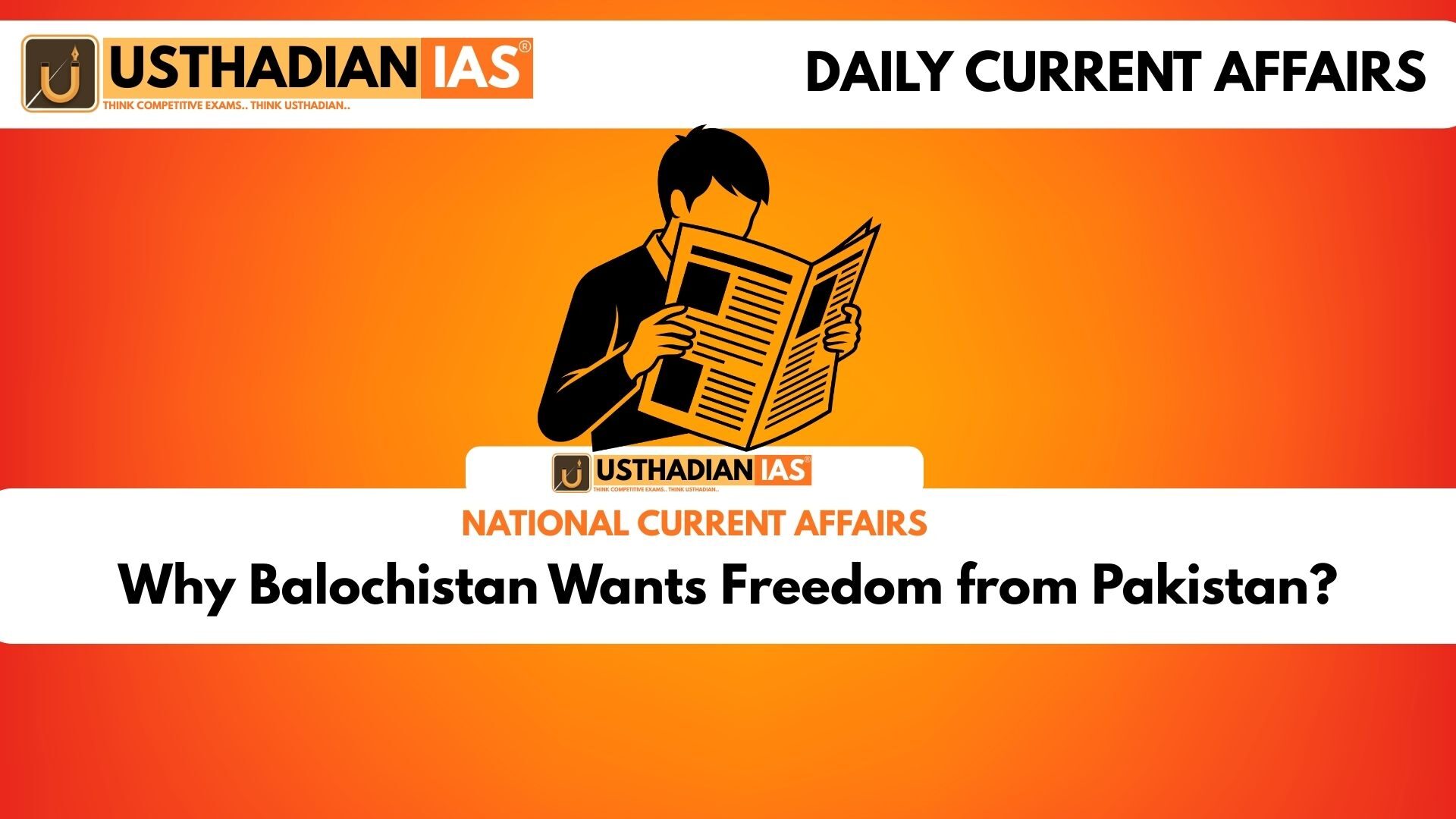A Land of Wealth, Yet Left Behind
Why Balochistan Wants Freedom from Pakistan?: Balochistan, Pakistan’s largest province by area, holds immense natural wealth—gas, gold, coal, and more. Yet, it remains one of the country’s poorest regions. The contradiction is striking: while Balochistan powers homes and industries across Pakistan, many of its own villages struggle without electricity or clean water. For the Baloch people, this feels like being used but never truly seen.
A History That Still Hurts
The seeds of resentment were sown in 1948, when the princely state of Kalat was forcibly integrated into Pakistan. Its ruler initially wanted to remain independent, but under pressure, he signed the merger. For many Baloch, this wasn’t unity—it was occupation. Since then, uprisings in 1948, 1958, 1962, 1973, and a sustained insurgency since 2004 reflect deep-rooted calls for autonomy or independence.
Resources Taken, Benefits Denied
The discovery of Sui gas in 1952 should have been a blessing. Instead, it became a symbol of exploitation. The gas fuels much of Pakistan, yet Baloch homes often remain cold and dark. Massive infrastructure projects like the China-Pakistan Economic Corridor (CPEC) and Gwadar Port promised development, but locals were often displaced without compensation, watching from the sidelines as outsiders reaped the rewards.
Politics without a Voice
Balochistan’s political representation is often seen as hollow. Leaders allege rigged elections, puppet governments, and frequent military interventions. The repeated dissolving of local assemblies sends a message that true Baloch leadership is unwelcome in the corridors of Islamabad. This fuels further distrust and alienation.
Fear, Disappearances, and Silence
When Baloch voices rise, many are met with force rather than dialogue. Human rights organizations have long accused Pakistani security forces of a brutal crackdown: enforced disappearances, torture, and extrajudicial killings. The term “missing persons” echoes across homes and universities in Balochistan. Posters, protests, and pain have become part of everyday life.
Identity Lost in a Larger Narrative
The Baloch language, history, and culture are central to the community’s pride. But many feel their identity is being eroded under a state-sponsored push for a monolithic national identity, primarily led by Punjabi and Urdu-speaking elites. The lack of cultural space and inclusion fuels a sense of being outsiders in their own land.
The Fight That Still Burns
Despite its fragmented nature, the Baloch freedom movement persists. Groups like the Baloch Liberation Army (BLA) and Baloch Republican Army (BRA) carry out attacks on state infrastructure. In exile, leaders such as Mehran Marri and Brahamdagh Bugti rally for international support. Accusations of foreign funding muddy the waters, but the core issue remains: a people who feel unheard and unfree.
STATIC GK SNAPSHOT
| Topic | Details |
| Region | Balochistan, Pakistan’s largest province |
| Major Resources | Natural gas, coal, gold, copper |
| Historic Event | Kalat accession to Pakistan in 1948 |
| Major Insurgency Years | 1948, 1958, 1962, 1973, 2004–present |
| Key Movements | BLA, BRA, Baloch Nationalist Movement |
| Major Projects | Sui Gas Field, CPEC, Gwadar Port |
| Territorial Grievances | Economic exploitation, lack of autonomy |
| Human Rights Concerns | Enforced disappearances, extrajudicial killings |
| Cultural Issues | Marginalization of Baloch identity |
| Notable Exiled Leaders | Mehran Marri, Brahamdagh Bugti |








